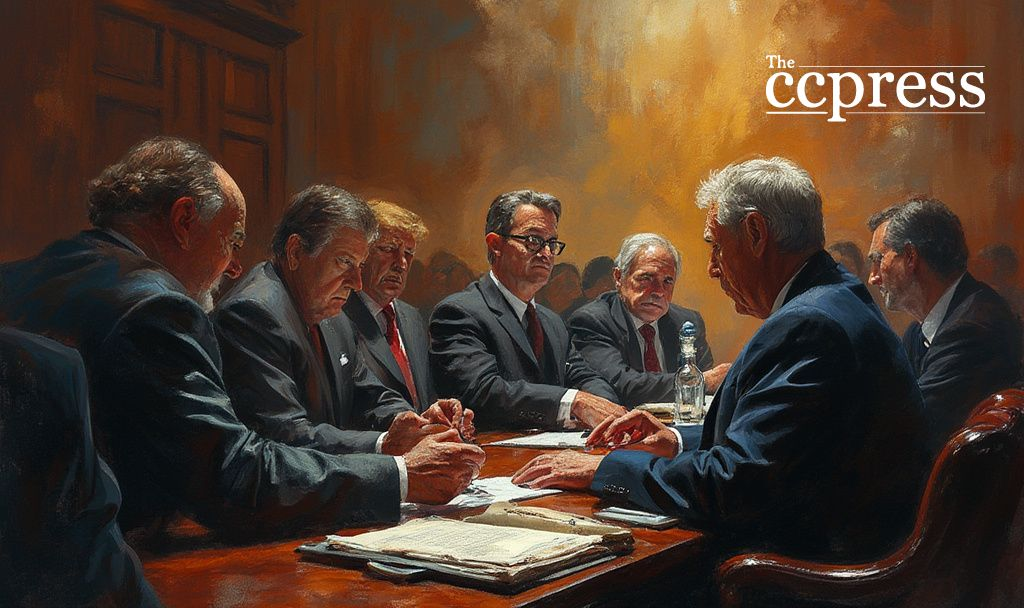- The FBI’s sting revealed wash trading by CLS Global.
- CLS Global fined $428,000 for fraudulent trades.
- This case underscores increasing U.S. scrutiny on crypto trades.
This case highlights the intensified focus of U.S. regulators on market manipulation within the crypto sector.
The U.S. court has penalized CLS Global, based in the UAE, with a $428,000 fine for engaging in wash trading practices. The firm’s operations were scrutinized following an FBI sting targeting fraudulent trades on decentralized platforms like Uniswap. Key agencies, including the FBI and the U.S. Commodity Futures Trading Commission (CFTC), spearheaded the investigation, marking one of the first enforcement cases against financial services for such activities.
“The actions taken by CLS Global are a clear demonstration of the increasing regulatory enforcement in the cryptocurrency market.” – FBI Statement, Federal Bureau of Investigation
CLS Global admitted to utilizing an algorithm to create artificial trading volumes, violating U.S. commodity laws.
The financial penalty includes $328,000 for wash trading activities and $100,000 for failing to register with the CFTC, along with a three-year U.S. operation ban. The decision is a clear message about the illegality of such practices. Although the action against CLS Global did not notably impact major cryptocurrencies like Bitcoin or Ethereum, it affected smaller assets, highlighting risks linked to artificial liquidity. No significant changes in DeFi protocols like Uniswap occurred, but the scenario underscores risks of fake liquidity.
The action is part of escalating regulatory efforts against crypto market manipulation. Similar cases have increased, targeting entities involved in such illegal practices. Expert opinions stress the necessity for better surveillance and protective measures on decentralized platforms. Community reactions on platforms like Twitter advocate for stricter self-regulation, suggesting the development of advanced tools to monitor trading activity at the wallet level.
